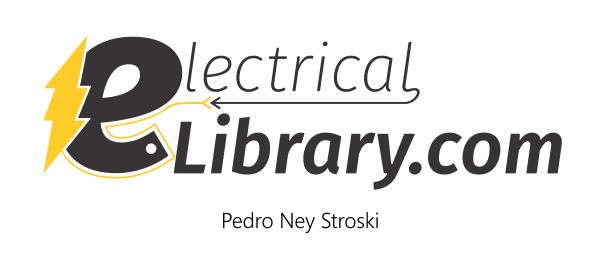A new material and new recording methods, allow a disk with a DVD size to store a huge quantity of memory.
Source: TechXplore
A team of photonic engineers affiliated with several institutions in China has developed a new type of optical DVD that is capable of holding up to a petabyte of data. The group used a new material to coat the DVDs and new laser techniques to write data. The results are published in Nature.
A petabyte is 1\cdot 10^{15} bytes or 1 million gigabytes.
The type of DVDs currently used to hold movies and data have a capacity of 4.5 gigabytes—enough to store approximately two hours of video. Data is written using a laser to etch a series of zeros and ones onto its surface. In this new effort, the team in China found a way to store significantly more data on a DVD using an entirely new approach.
Their new method involves storing data in 3D instead of as a single layer. The team found they were able to store data on a single disk with up to 100 layers. To create multiple layers on a disk, the team developed a special coating and then developed a way to etch the individual layers using special patterns of light and a dye in the coating that allowed for etching at the nanoparticle scale. This allowed them to store data at an unprecedented level.

The research team acknowledges that there are still some challenges to overcome before their DVDs can be commercialized. Currently, the process of writing data to the disk is far too slow and it uses a lot of energy—problems that the team believes can be corrected. Also, it is not yet clear how much it would cost to manufacture such DVDs or how much consumers might be charged.
Still, the research team is optimistic that they are on the right track and expect to be selling DVDs capable of storing massive amounts of data, not only to consumers, but also to data storage facilities, businesses and media companies looking to improve the quality of their products.



